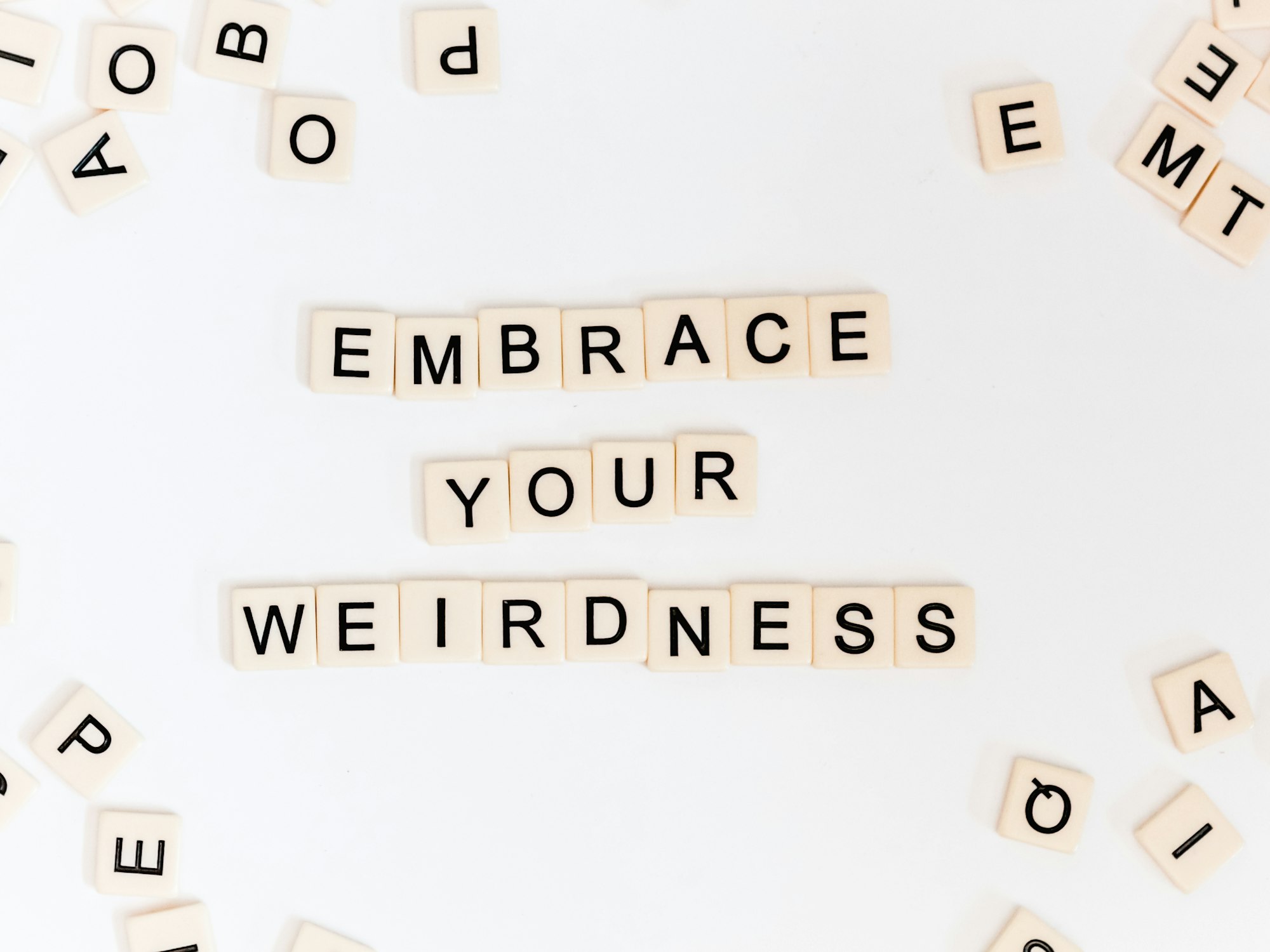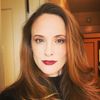Creative writing
How I support my daughter's creative writing (mainly by staying out of her way).

I've written a bunch about how we approach language arts: spelling, reading, phonics, academic writing, vocabulary, grammar, and more. But I haven't said much about creative writing—despite it being the vast bulk of what she produces, easily dwarfing all other output.
Wanda loves to write. Wanda is headstrong. Wanda Knows What She Wants to Write, and No Thank You to Your Input.
She mainly loves the ridiculous, absurd, surreal. (Monty Python and the Holy Grail is her 2nd favorite film.) She would very much like you to take your ideas about how to write creatively—about themes and genres and story arcs and character development and conflict and goals and setting—and please hand them out to other children who might like them, because she's doing her own thing. Lessons? Activities? Assignments? HA!
I could force the issue, and at times I've tried to, but I know my kid, and I know I run a very real risk of snuffing her spark here. She loves writing, and that's huge.
So she's flying solo on the whole creative writing thing, and I'm okay with that (most days... other days I wonder and I worry, because that's just part of the whole homeschooling deal). She drops into the world of Google Docs, and I step aside until she asks for me.
Don't point this out to her, but I'm not actually sitting idly by while she flies solo. I do plenty to support her creative writing.
All of that other language arts work gives her a solid foundation to work from.
All of that reading (and discussing) we do gives her a ton of exposure to different storytelling styles and conventions. It also gives her some knowledge of the world, and something interesting to say about it.
The typing lessons give her the freedom to focus on her ideas, not her fingers.
I leave books lying around: she doesn't want to hear about what makes a good story from me, but when I bought The Screenwriter's Bible and left it sitting on a table without saying anything about it, she picked it up and read the first 35 pages.
And I act out parts in her plays. If you've been reading my posts for a while, you may recall that last year I found myself spending a morning standing in the bathtub, dressed as a rabbit, eating popcorn and spraying a mister, while throwing tulle around the room. (Sorry/not sorry I don't have a picture of that.)
When she's comfortable, she lets me read what she's written, and I find specific aspects to praise: a choice of phrasing, a great word, a mood she set, a funny bit of business, an interesting character or story. Sometimes, when she's open to it, I'll point out parts where I think her idea isn't quite coming across. (She's starting to actively seek out this input via the sharing tools on Google Docs!)
What she writes is always interesting, and often has glimmers of something really special. I've been able to witness tremendous growth and progress in her writing. I think (fingers crossed) that as she keeps at it, eventually she'll decide on her own that she wants to take it farther, and wants to hear others' ideas about good storytelling. When she's ready to ask for that help, I'll be ready to help her find it. But this is her ship, and I trust her to steer it.
If you have a kid who is more eager for explicit lessons about storytelling and creative writing, I do have some resources I can recommend. These are things Wanda rejected, but I still think they're good, just not a fit for her.
The Pirate's Guide t' th' Grammar of Story seems great, if confusingly titled. (It's not talking about typical language arts grammar, it's using the word "grammar" to refer to the components of storytelling.) You're the protagonist of the story in the book: you've been kidnapped by a storytelling pirate, and you'll work for him writing stories, or you'll walk the plank. It's delightfully silly! And the activities look like a wonderfully engaging approach to explicitly teaching the aspects of great storytelling. I wanted Wanda to like this so much! I think it's terribly clever and fun. It's aimed at ages 8+ with assistance, 11+ for working independently. Maybe someday she'll come around.
The Writer's Jungle is a book by Julie Bogart of Brave Writer. The rest of her Brave Writer program wasn't a fit for Wanda or me. However, I feel I got a lot from reading this book, especially her perspective on nurturing a kid's emergent individual voice. There are many activities in the book for helping early writers develop; Wanda has by and large hated them, but I can see how they could be great for the right kid.

